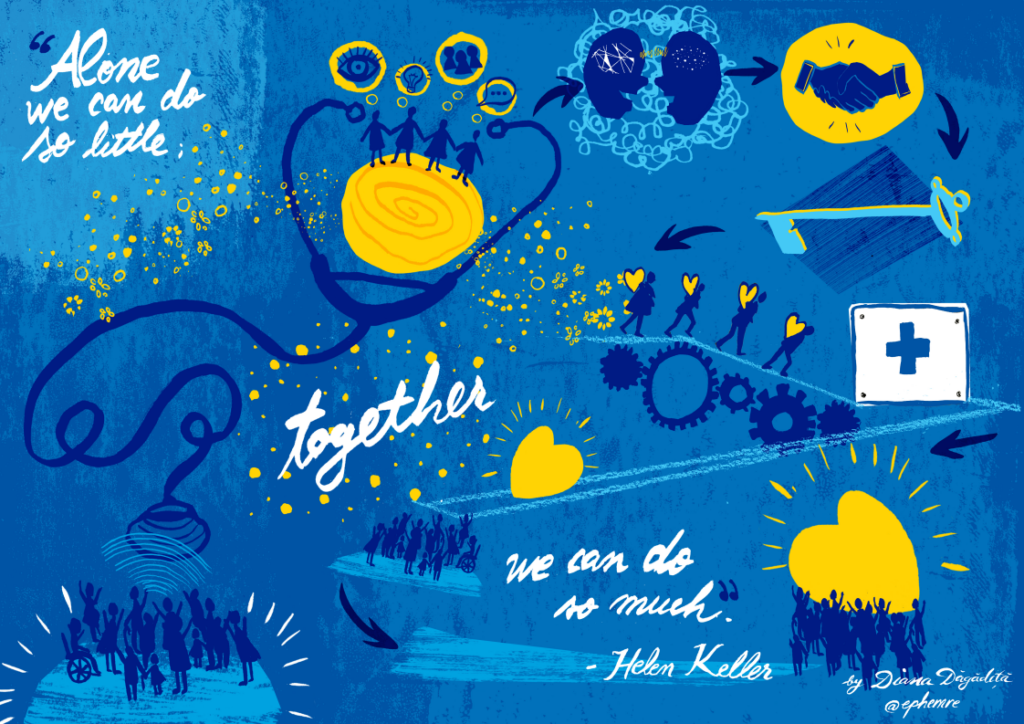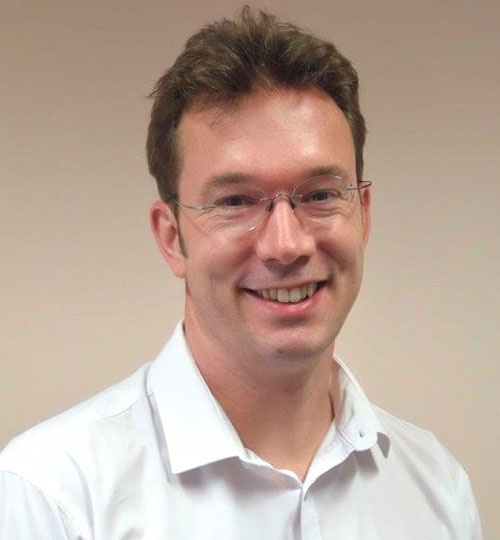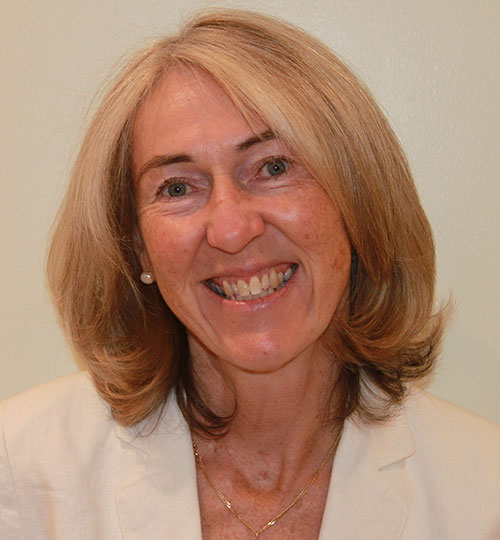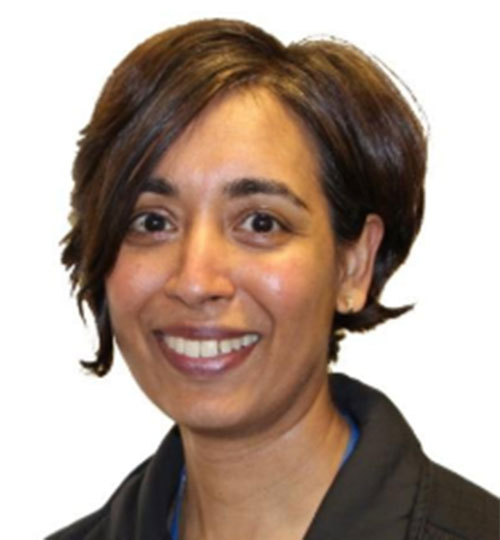The experience of observing a colleague in a different specialty can rekindle compassion for them and improves collaboration, say Adam Fraser, Sally Ross, and Pritti Aggarwal
Medicine is a divided profession. To borrow the well known analogy, some of us are ”gatekeepers” and some of us are ”wizards.” We all train together in medical school, but as we progress through our careers we become deeply rooted in our respective “kingdoms.” These kingdoms have drifted further apart over the years: gatekeepers have become experts in the consultation and multimorbidity; while wizards have become ever more specialised. And yet these kingdoms cannot exist without each other. Both are essential for the care of our patients and for the system to work.
As the NHS celebrates its 70th birthday, there is a growing recognition that the primary-secondary care divide has become a gaping chasm that adversely affects patient care, particularly for complex older patients. The NHS Five Year Forward View called for better integration of GP, community health, mental health, and hospital services. Yet despite this, there is a lack of communication and understanding between primary and secondary care, which hinders collaborative working.
We are so overstretched that clinicians everywhere are trying to avoid more work and are competing for scarce resources. This leads to poor communication and fragmented care, which is unsafe for patients. In a recent article, GP Margaret McCartney urged doctors to start talking to their colleagues in order to tackle these problems. A GP-consultant exchange scheme has taken off in Wessex that allows us to do exactly that.
The first exchange scheme was set up in Portsmouth in 2015 by Sally Ross. The idea spread among GP educators and further exchange schemes were run in Basingstoke, Southampton, Poole, Dorchester, and Bournemouth. Over 200 pairs of consultants and GPs have volunteered to spend half a day with each other. Some GPs took their consultant colleague on home visits, some joined team meetings, some spent 15 minute slots with different staff in the practice, most sat in surgery together. GPs visited a range of hospital departments and experienced acute stroke units, cardiology catheter labs, theatres, outpatient clinics, ward rounds, and medical assessment units.
We provided a reflective learning template to use as evidence of quality improvement activity for annual appraisal. These reflections were shared and discussed by participants and other interested colleagues at an education event after the exchange.
Almost unanimously, participants enjoyed the scheme and were keen to participate again. The scheme improved understanding between colleagues and generated enormous goodwill. There was a strong sense that the experience of observing a colleague in a different specialty rekindled a sense of compassion for them. One GP said he was struck by the “seeming ‘chaos’ on the wards, with lots of people doing things independently,” and talking over or interrupting the consultant. Yet the same GP was also impressed by the “care shown by the team and the knowledge they had of patients within a system that felt chaotic and disjointed, very encouraging.”
Everyone completed the scheme feeling better about being a doctor. Many participants felt increased respect for each other’s ability to manage considerable complexity and uncertainty. One consultant mused, “it got me thinking a lot about much of what we do. There is a lot of risk taking in primary care, which takes great skill and confidence to manage. I am concerned that we do not talk about this enough, that the NHS does not support us enough (i.e. protect us from decisions that do not turn out well) and that there are several contradictory messages given by the NHS (refer less vs refer more; admit less vs make the service safer).”
Many participants have considered new ways of working together based on their newfound trust and mutual respect. Examples include a shared directory of GPs and consultants, formal liaison forums, IT interoperability projects, and exchanges for trainees and other healthcare workers.
Mark Twain wrote that travel broadens the mind. After walking in each other’s kingdom, we have gained a different perspective. Once we have this perspective, we find it easier to be more compassionate and resilient. We appreciate the challenges each other face in the NHS. Respect for each other and collaboration with each other come more naturally. Perhaps we will find that our kingdoms are not so different after all. Perhaps gatekeepers and wizards will recognise that we all live in the same kingdom, and that we can share our wisdom for the benefit of all.

 Adam Fraser is a GP partner and trainer at the Bridges Medical Practice in Weymouth. He is a GP programme director in Dorset for Health Education England, a programme lead for Physician Associate Studies at the University of Bournemouth, and a GP appraiser.
Adam Fraser is a GP partner and trainer at the Bridges Medical Practice in Weymouth. He is a GP programme director in Dorset for Health Education England, a programme lead for Physician Associate Studies at the University of Bournemouth, and a GP appraiser.
Competing interests: Nothing further to declare.
 Sally Ross is a portfolio GP at the Portsdown Group Practice in Portsmouth. She is an NHSE GP clinical adviser, GP facilitator for Wessex, and clinical lead for Portsmouth CCG.
Sally Ross is a portfolio GP at the Portsdown Group Practice in Portsmouth. She is an NHSE GP clinical adviser, GP facilitator for Wessex, and clinical lead for Portsmouth CCG.
Competing interests: Nothing further to declare.
 Pritti Aggarwal is a GP partner at the Living Well Partnership in Southampton. She is a board member of the Southampton City Clinical Commissioning Group and primary medical care module lead at the University of Southampton.
Pritti Aggarwal is a GP partner at the Living Well Partnership in Southampton. She is a board member of the Southampton City Clinical Commissioning Group and primary medical care module lead at the University of Southampton.
Competing interests: Nothing further to declare.
